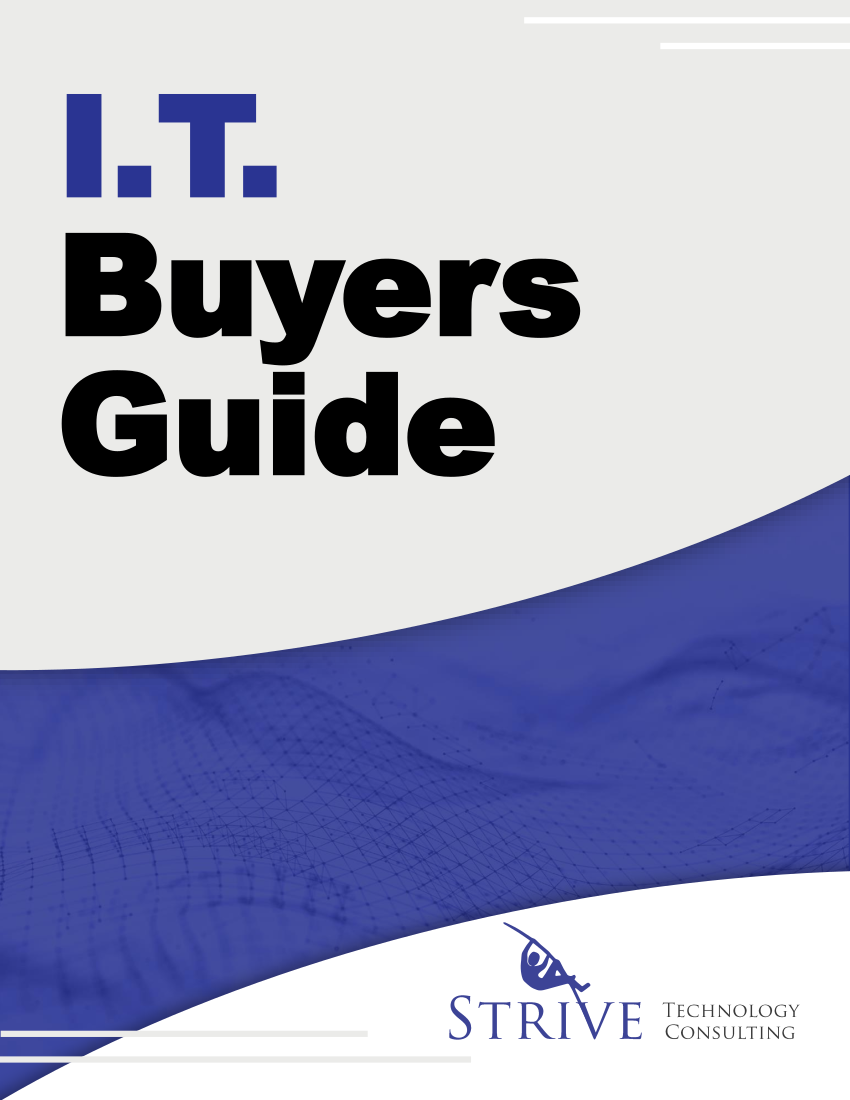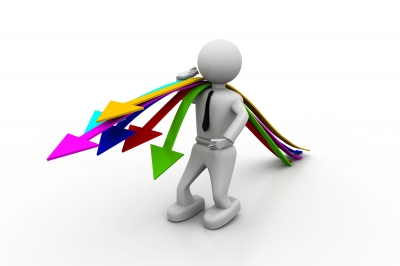
We often hear about Accountability in today’s work environment.
- Managers should be holding their employees accountable.
- Voters hold politicians accountable for not fulfilling their campaign promises.
- We look for accountability partners to help us accomplish something challenging such as regular exercise.
And what does that accountability look like?
- The employee gets fired, reprimanded, or written up.
- The politician gets voted out of office.
- We owe our accountability partner $20 for not making it to the scheduled workout.
The Traditional View
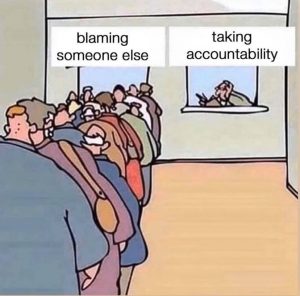 We have been trained to see accountability as something that can and must be imposed from the outside. But if you look at that second list, you’ll see it’s not actually about accountability, it’s about consequences for not performing as we expect.
We have been trained to see accountability as something that can and must be imposed from the outside. But if you look at that second list, you’ll see it’s not actually about accountability, it’s about consequences for not performing as we expect.
Seeing accountability this way turns us into babysitters, watching over people who are working to avoid punishment. It reminds me of the interview scene from Office Space:
“I have eight different bosses right now... When I make a mistake, I have eight different people coming by to tell me about it. That's my only real motivation is not to be hassled. That, and the fear of losing my job. But you know, Bob, that will only make someone work just hard enough not to get fired.”
This creates an environment full of have-to’s, and they are a burden. It's a burden for the manager because he has to be the bad cop all the time. It's a burden for the employee because she is not trusted to do good work on her own. Accountability can be so much more than some people “making” others do something they wouldn’t do without the stick of consequences.
The alternative is ownership.
Ownership
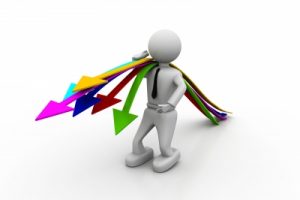 Let’s be honest: there are no have-to’s in life. We have choice in everything. We choose to wake up early or sleep in. We choose to get our job done as promised or not. Yes, outside influences come into play, but we still choose whether to allow those to dictate how we show up and what we deliver. People may not admit to themselves that they are making these choices, they are. No one can compel another person to do anything, the most they can do is influence.
Let’s be honest: there are no have-to’s in life. We have choice in everything. We choose to wake up early or sleep in. We choose to get our job done as promised or not. Yes, outside influences come into play, but we still choose whether to allow those to dictate how we show up and what we deliver. People may not admit to themselves that they are making these choices, they are. No one can compel another person to do anything, the most they can do is influence.
So, let’s all agree that we are choosing our behavior, we aren’t doing it because we have to.
This is a big shift! Where have-to’s are burdensome, choose-to’s are empowering. How we act, how we work, how we lead comes from our own drive, not from someone else’s imposed obligation.
This is where true accountability lies. True accountability is about taking ownership for our choices.
If we are choosing to remain in a job, knowing what its expectations are, then we can own that choice and make it ours. And once we we own our projects and tasks, then people can rely on us to get them done in the way we said. They are able to count on us for doing what we said we would do. We are accountable. At the end of the day, self-accountability is the only type that matters.
This is the mindset shift in accountability from consequences to ownership.
How To Implement It

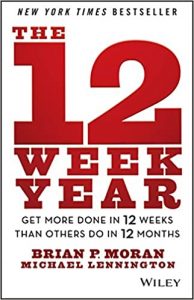 So how do we make this type of shift in our organization?
So how do we make this type of shift in our organization?
- First, we need to explain this shift to our employees, bosses, and colleagues. Send them this article, tell them about experiences in your life. The 12 Week Year by Brian Moran and Michael Lennington has a great treatment of this topic. Don't underestimate the importance of this step.
- Next, look around for places where the traditional view of accountability is in place in your organization. Start looking for places where you can enable ownership and freedom rather than demands and consequences. It may be scary to let go of some control in these areas, but it gives everyone a chance to thrive. This mindset will do far more to grow your organization than will better control and consequences.
- Finally, practice this. It is not an easy shift. I strongly recommend the book Extreme Ownership by Jocko Willink and Leif Babin. It’s the best resource I have come across on how to instill the ownership concepts in an organization.

 Contact Us At
Contact Us At
